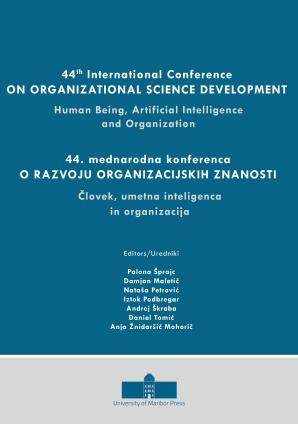Data-Centric Approach to Short-Term Water Demand Prediction Using Big Data and Deep Learning Techniques
Kratka vsebina
This study introduces a data-centric approach to short-term water demand forecasting, utilizing univariate time series data from water reservoir levels in Eastern Thessaloniki. The dataset, collected over 15 months via a SCADA system, includes water level recordings from 21 reservoirs, generating a substantial Big Data resource. Key components of the methodology include data preprocessing, anomaly detection using techniques like the Interquartile Range method and moving standard deviation, and the application of predictive models. Missing data is addressed with LSTM networks optimized via the Optuna framework, enhancing data quality and improving model accuracy. This approach is particularly valuable in regions where reservoirs are the primary water source, and flow meter readings alone cannot determine demand distribution. By integrating deep learning techniques, such as LSTM models, with traditional statistical methods, the study achieves improved accuracy and reliability in water demand predictions, offering a robust framework for efficient water resource management.







